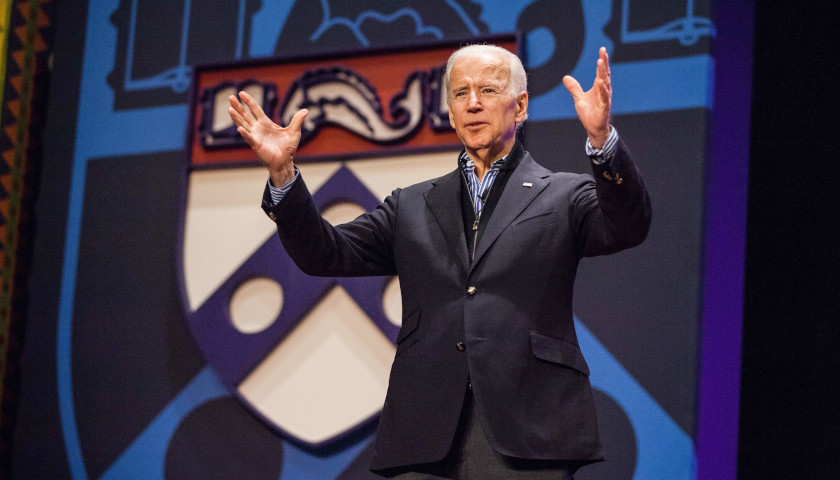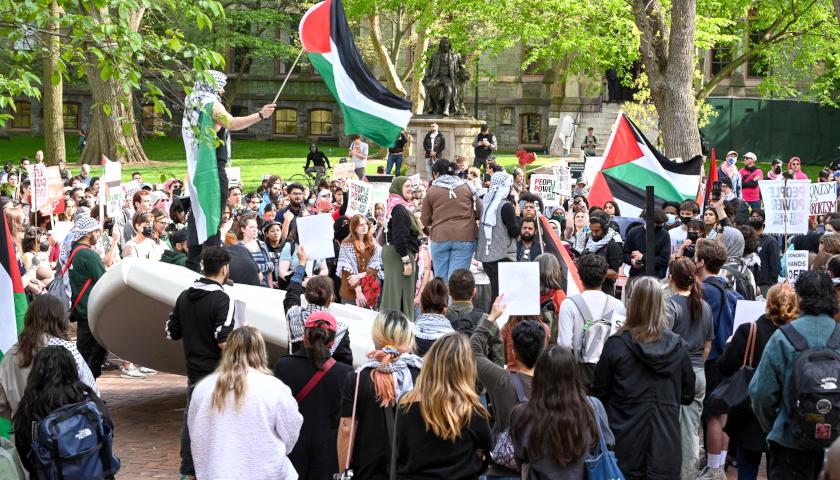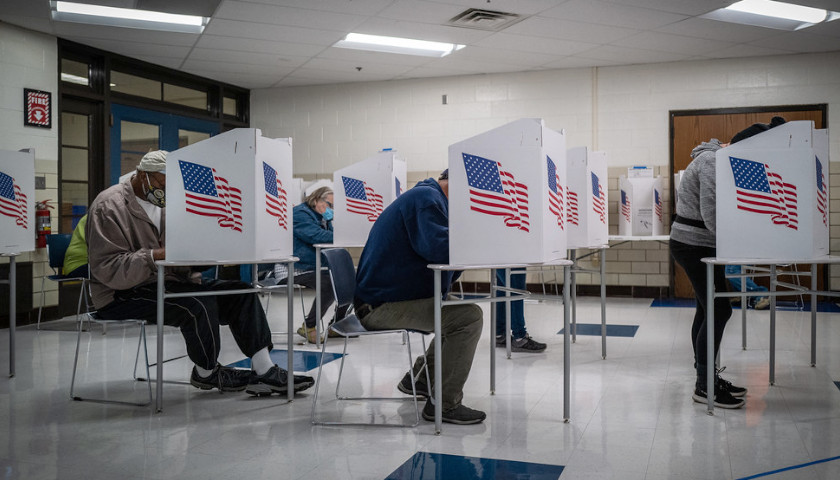A review by The Pennsylvania Daily Star of output from the Penn Biden Center, the foreign-policy think tank established in 2017 to coincide with the start of Joe Biden’s professorship at the University of Pennsylvania, suggests the center has produced little to no original scholarly work.
The Washington, D.C.-based center has drawn heavy media scrutiny after news came out earlier this month that nearly a dozen classified federal documents were housed there until last November. Biden reportedly used the location as his main D.C. office after his vice presidency ended and before he became president.
All of the attention surrounding the apparent mishandling of records has been compounded by additional controversy about how much, or how little, academic value Penn has realized as a result of founding the center.
The office takes up 13,800 square feet of space on Constitution Avenue, and Biden raked in $900,000 as its figurehead from 2017 to 2019. Penn undergraduates acquired internships at the center but reputedly did not often see the soon-to-be president, who only gave occasional lectures rather than teaching full courses.
And neither Biden nor any of his colleagues at the new institution appear to have engaged in much, if any, academic research for the university.
Virtually all of the center’s online announcements since its inception are links to media pieces written by or about individuals affiliated with the think tank. Those include current U.S. Secretary of State Anthony Blinken, who worked as the center’s managing director; Michael Carpenter, who was the office’s senior director and now serves as the ambassador to the Organization for Security and Cooperation in Europe; and Daniel P. Erikson, who was a center senior fellow and now is deputy assistant secretary of defense for the western hemisphere.
Of the 152 media updates the Penn Biden Center compiled, only one pertains to an article in an exclusively academic journal: PRISM, a quarterly published by National Defense University, featured a piece by center senior fellow Juan S. Gonzalez on political turmoil in Venezuela in 2019.
Three other pieces appeared in an online journal called Just Security, which is based at the Reiss Center on Law and Security at New York University School of Law but features the work of journalists and academics.
The other announcements are all linked to mass media pieces. Twenty-three of them appeared in The New York Times where Blinken was a frequent guest columnist; another 27 appeared in the opinion journal Foreign Policy. The rest were found in such popular outlets as Axios, The Atlantic, The Hill, CNN, The Washington Post and MSNBC.
Only one work of scholarly study, co-written by Blinken, makes any claim to being a Penn Biden Center publication, and even that one was a joint effort undertaken alongside the D.C.-based nonprofit Freedom House and the Dallas, TX-based George W. Bush institute. That June 2018 report, titled The Democracy Project, examines survey data regarding Americans’ attitudes toward representative government.
It’s not discernible what, if any projects, the Penn Biden Center has worked on since that report. The center’s last web announcement came out in April 2022, and the office has made no social media updates since last May. At this writing, neither the Penn Biden Center nor the Penn Global office which oversees it has responded to an email asking if the think tank has any other original research products or what the total cost has been to run the institution.
While the center hasn’t generated much scholarship in its six years of operation, it created plenty of unwelcome press for what some observers consider an unduly cozy relationship with corporations based in Communist China. Penn took in $61 million in gifts and contract fees from Chinese firms in the three years Biden sat on the university’s faculty.
Over one-third of that Chinese money came from sources the university has refused to identify. The nonprofit National Legal and Policy Center argues that federal law requires a college or university to report the name of all contracts or gifts worth more than $250,000 in a calendar year. This week, the U.S. House Oversight and Accountability Committee began pressing Penn to identify the unnamed sources of the Chinese money.
– – –
Bradley Vasoli is managing editor of The Pennsylvania Daily Star. Follow Brad on Twitter at @BVasoli. Email tips to [email protected].
Photo “Joe Biden” by Penn Biden Center.





